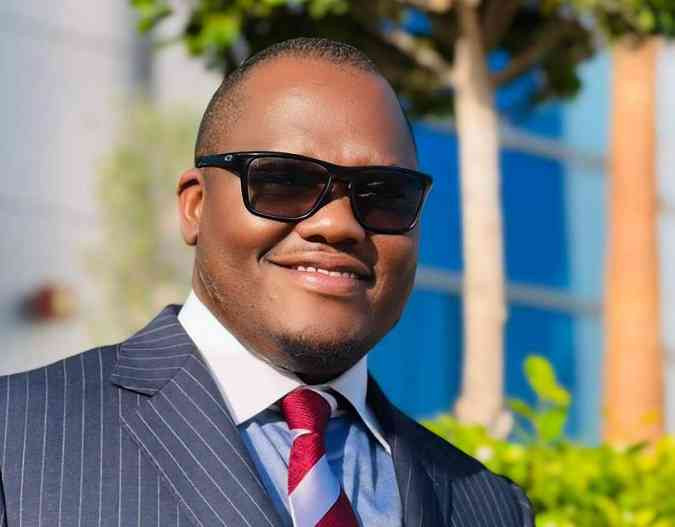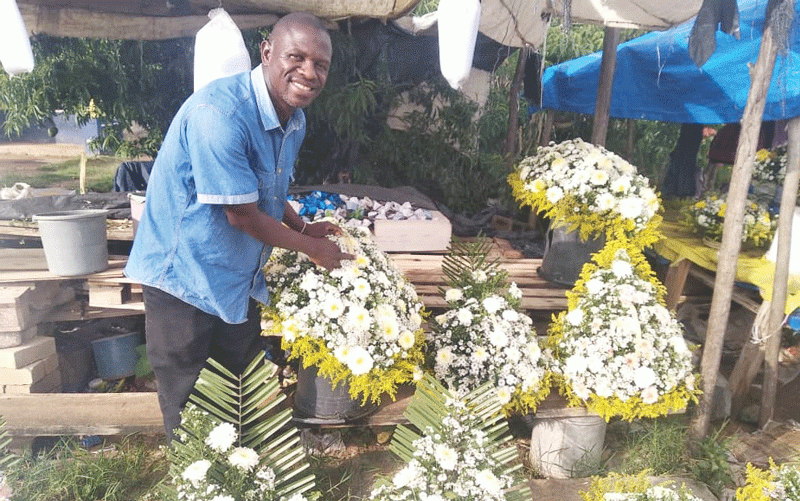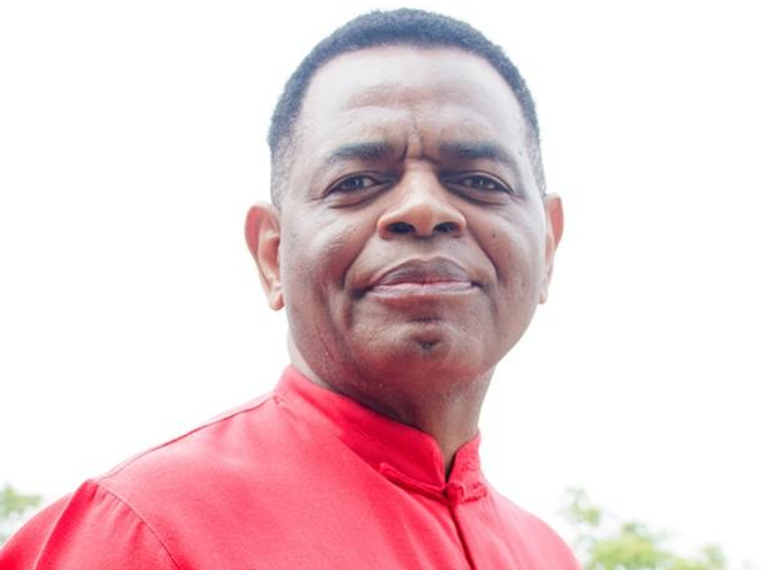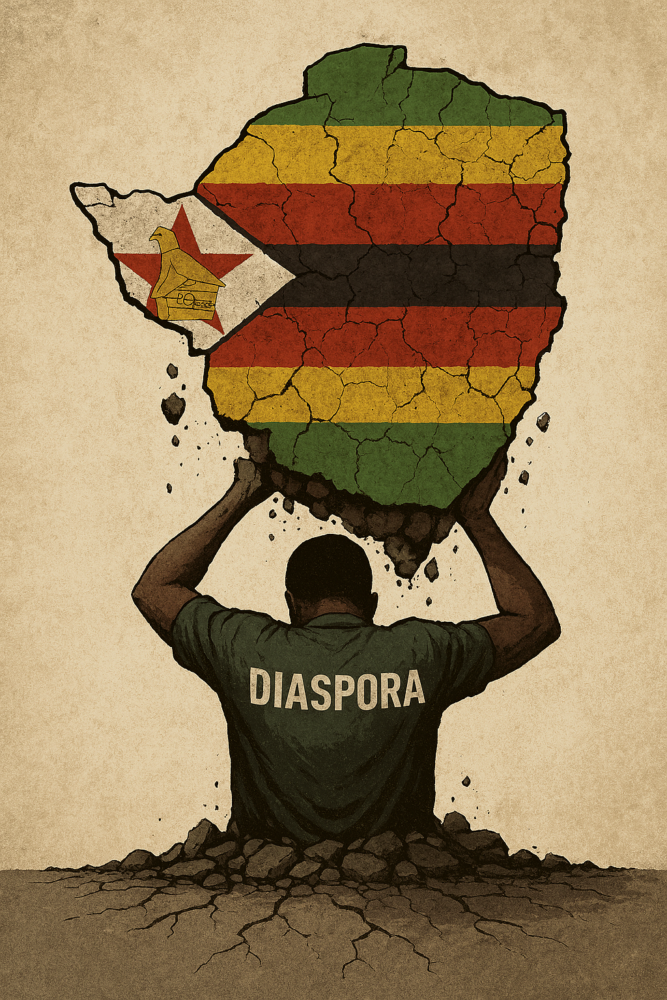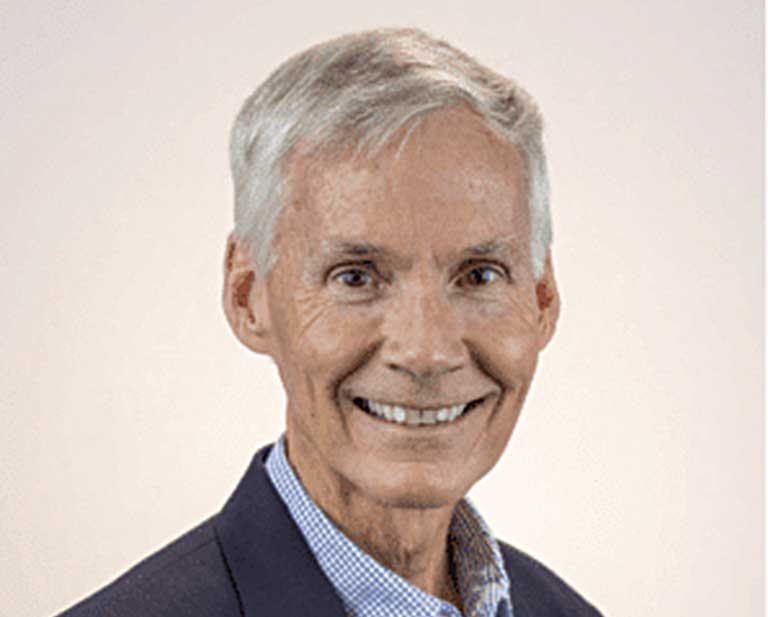
Leadership is generally not this straight line, but it is defined by small connections that add up to something great. If one piece is not in place, it disturbs the whole process, system or structure. In this article, I (JN) interviewed John Maust (JM) who is going to tell us how he connected his dots as a leader. He is the current president for Media Association International (MAI). He has vast experience as an editor, journalist and leader of MAI since 1998.
John has authored three books related to the church in Latin America: Cities of Change, research and insights on 10 Latin cities; Peace and Hope in the Corner of the Dead, an on-site account of the evangelical relief effort to help victims of terrorist violence in Peru; and New Song in the Andes, story of the amazing church growth among Ecuador’s Quichua people. Here are the excerpts of our interview:
JN: Let's connect the dots going back; what's this one leadership principle which you knew before you started leading MAI?
JM: It was not necessarily before I was with MAI, but it was about the time I was coming on to MAI. I learnt that it is important to allow a smooth leadership transition. It was really emphasized to me by the man who founded MAI. He told me numerous times that he knew a number of organisations that had a strong founder. However, when the founder died, so did the organisation, because there was no transition plan in place, because the leader didn't groom anyone to potentially take over, or didn't have a board that was involved. So, in my initial conversations with him; Bob Reekie would talk about transitional planning when he had identified me as someone to succeed him.
He had a very carefully planned transition. I would come to work for a couple of years in a different position in the organisation alongside him. If everything worked out within those three years, I would succeed him. He had briefed his board on that, and he had told them, I'm going to retire by x date. And so that's what happened, I succeeded him and the board was very supportive. Now that I'll be 70 years old next year, and thinking about my own transition, that has been helpful to me. I remember my own experience, that as I prepare to transition out, it’s always healthy, it's good for the organisation to have a younger leader. That we identify the right person and the board be involved in that as well. For lack of a better term we have a smooth transition where this person feels equipped and ready to go and has the full support of the board.
JN: What is this one challenge that you wish you knew early as a leader?
JM: I wasn't really strong on the financial side. You know, I was more of a word person than a numbers person. I could have benefited probably by having some more basic organisational financial training, like financial documents, cash flow, things like that. But, you know, and I remember a friend encouraged me by saying, John, you know, it's not rocket science, you can learn it.. And it probably took me a little longer than I would hope. So yeah, that might have been something more helpful.
JN: What is the importance of deeply connecting with people as a leader? People are different from machines which can be switched off and on. People have emotions, attributes, traits, and different personality types. So how do you connect with people and how do you manoeuvre around difficult people?
- Out & about: Warner Music Group squashing the impossible
- Ex-ChiTown chamber secretary fails to stop trial
- Ex-ChiTown chamber secretary fails to stop trial
- Ex-ChiTown chamber secretary fails to stop trial
Keep Reading
JM: I consider myself pretty much an introvert. Not that I don't like to be with people, but because that is my make-up. I just enjoy listening to people hearing their story and not concerned about telling my story. Trying to be observant, to ask questions, to recognize that everybody has something to offer. So I haven't really sat down and thought about it a lot. Servant leadership has somehow become a cliché, but I would hope that that's what I am; looking to find people who can do the job that needs to be done. That's not always me doing it.
I was raised in a family that taught me to treat everybody with respect and to be friendly. I remember one time I was with my father, and we were driving out in the country where I lived and some person waved at us. My dad said, didn't you see that person who said hello? I said, Yeah, but I don't know that person. And my father told me that I can at least wave back. So I think that was helpful. I learnt to appreciate every person.
JN: You are leading a global organisation with different cultures, so how do you deal with these different cultures from Africans, Asians, Europeans, Americans, etc?
JM: It takes time and again I think that's where being observant, and being a good listener helps. We were always going to make mistakes. Sure, I made a lot of mistakes, culturally. I had to take some personal interest in each person that I'm involved with, and to read a couple of books that were really helpful to me about working cross culturally. The American model, unfortunately, in years past, especially in the American missions, has been vertical or top-down. When I first began working in Christian mission work in Latin America, with a group called Latin America Mission, part of their culture was; you know this is a horizontal organisation. This is not a top-down organisation. That was a culture which was valued. It was a core value of the ministry and that helped prepare me for MAI. So I am thankful that I read books and had previous experience along those lines and that really helped prepare me for the work that I have now.
JN: So can I safely conclude that what keeps you fresh, competitive, and relevant is your reading of books?
JM: Yeah! That would be one example where the reading really had a big impact on it. I would also say read fiction. We can experience another reality and I think it helps us think more creatively as we are put in positions we would not otherwise be in
JN: If you were given an opportunity to relive your life, what advice would you give to your younger self?
JM: Speaking as a Christian, just commit your life and career to the Lord. Be willing to take some more risks. Try to have one or two or three older and wiser friends. They really care about you as a person, especially the direction you are going with your life. Yeah, I was blessed to have a few people like that. We didn't see each other all the time, but when we did what they said had a lot of wisdom. That was valuable to me. Those senior mentors are important. I'll be 70 next year, but to be able to look back as a Christian and see how the different pieces came together it’s priceless. I never dreamed I'd be doing this but you take a step of faith and you don't know where it's all going to lead exactly. I am a firm believer now more than ever, that all things work together for good for those who love God and are called according to His will. I've seen it not just in my life, but in other people's lives, not that we’re not going to have problems because everybody has their inimitable problems. The joy of looking back and seeing that makes sense.

